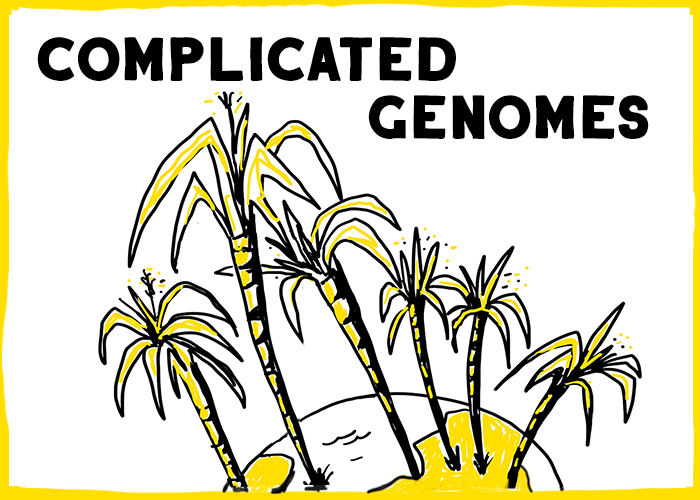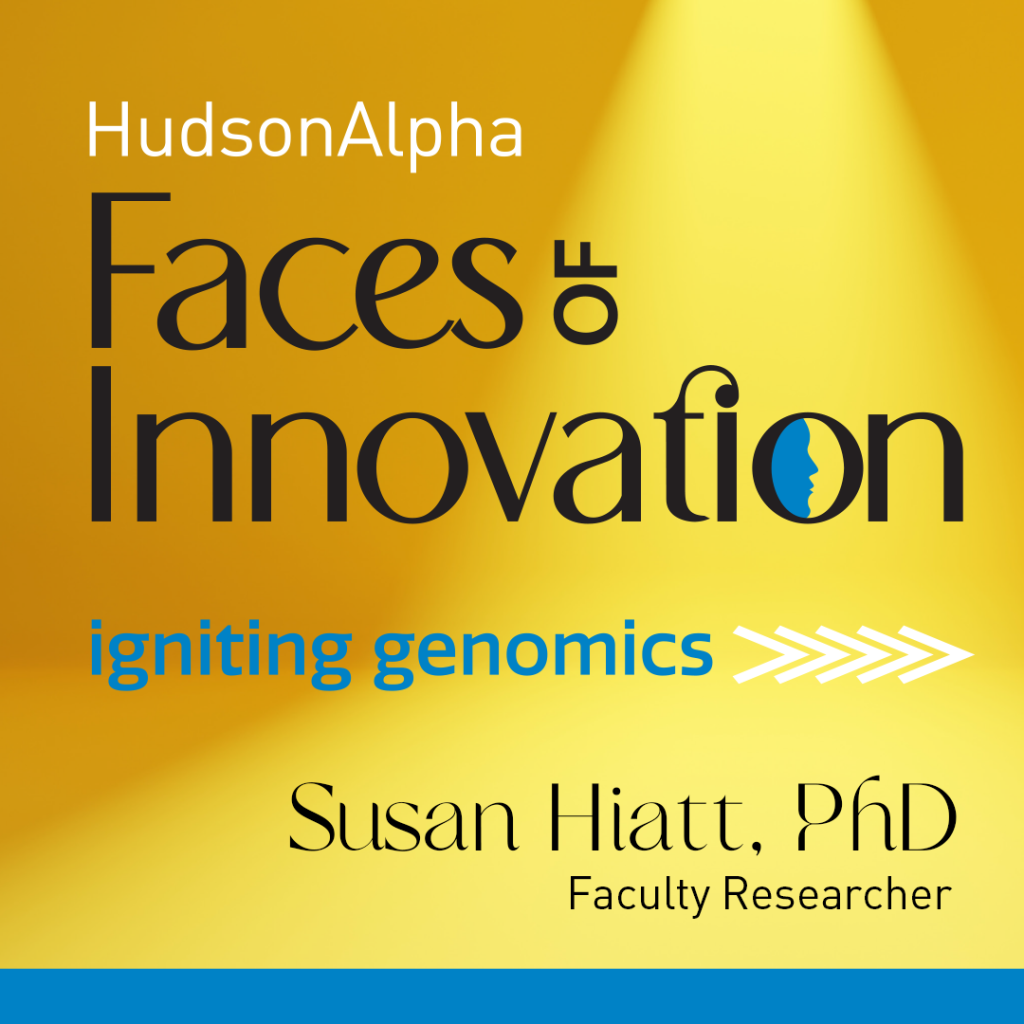Governor applauds program designed to instill teacher confidence
 Huntsville, Ala. – Governor Bob Riley recently thanked about 175 high school life sciences teachers from around the state who contributed weekend time to learn new ways to excite their students about science. “We want to recognize how special you are,” he said.
Huntsville, Ala. – Governor Bob Riley recently thanked about 175 high school life sciences teachers from around the state who contributed weekend time to learn new ways to excite their students about science. “We want to recognize how special you are,” he said.
The teachers were attending Genetic Updates for Alabama Educators, a workshop designed to help teachers incorporate the latest groundbreaking research and discoveries into their lesson plans.
“As the impact of biotechnology expands, the need for scientifically-knowledgeable students becomes critical. This workshop, made possible by support and collaboration from Governor Riley and leaders across the state, gives teachers the confidence to inform and engage their students on these topics,” said Dr. Neil Lamb, director of educational outreach at HudsonAlpha.
Educators were introduced to Biotechnology Discoveries and Applications, an annual guidebook created by Lamb and the institute’s education staff. Among topics addressed:
- Therapeutic Approaches to Genetic Disease – An overview of potential therapies associated with genetic disease such as gene therapy and RNA interference
- Digital Resources for Teaching Genetics – Highlights online resources created and made available by HudsonAlpha including HudsonAlpha Cell, The Progress of Science biotechnology timeline, The Book of Life and Focus on Cancer
- Ethical Issues Associated with Genetics – A discussion of ethical challenges related to genetics and genetic technologies including genetic discrimination and gene testing.
According to Bob Jones teacher Leah McRae, “HudsonAlpha has come on the scene just in time." She explained that programs created by institute education staff are helping her become more adept at providing motivational content to her students. Motivated students, she emphasized, give Alabama an edge in workforce and economic development.
The workshop provided eight hours of professional development credit. There was no cost to teachers who attended the workshop. Meals, overnight lodging and classroom materials were provided.
 Among materials received by each teacher was a Disorder Detectives kit created by HudsonAlpha. The boxed kit provides a hands-on student activity examining human chromosome disorders. Fifteen different case studies, with both typical sets of chromosomes, as well as several chromosomal anomalies are included. A variety of CDs and DVDs, the guidebook, handouts and a notebook were also included.
Among materials received by each teacher was a Disorder Detectives kit created by HudsonAlpha. The boxed kit provides a hands-on student activity examining human chromosome disorders. Fifteen different case studies, with both typical sets of chromosomes, as well as several chromosomal anomalies are included. A variety of CDs and DVDs, the guidebook, handouts and a notebook were also included.
Holly Ralston McClain
hmcclain@hudsonalpha.org
256.508.8954
256.327.0976
The HudsonAlpha Institute for Biotechnology in Huntsville, Alabama, is the cornerstone of the Cummings Research Park Biotechnology Campus. The campus hosts a synergistic cluster of life sciences talent – science, education and business professionals – that promises collaborative innovation to turn knowledge and ideas into commercial products and services for improving human health and strengthening Alabama’s progressively diverse economy. The non-profit institute is housed in a state-of-the-art, 270,000 square-ft. facility strategically located in the nation’s second largest research park. HudsonAlpha has a three-fold mission of genomic research, economic development and educational outreach.


